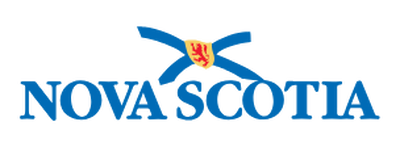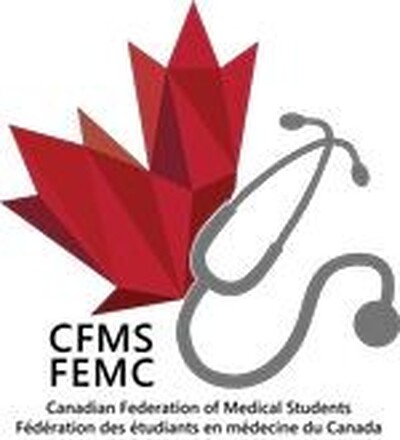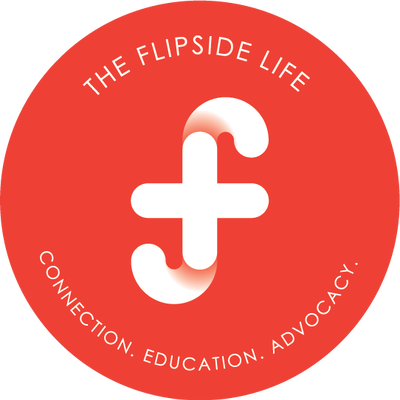Monday, October 28, 2024
Understanding Medical Learners: Essential Terms for Landlords
Hey there, landlords! Once your property is live on MedsHousing.com, you'll likely start hearing from medical learners at various stages of their medical training. From eager medical students to busy residents, understanding the different classifications of these healthcare trainees can feel a bit overwhelming. But don't worry—I'm here to help! In this blog, we'll break down some essential terms you'll encounter, making it easier for you to navigate your interactions with these dedicated individuals.
Medical Learner:
This common term broadly encompasses anyone engaged in medical education. You can further specify a medical learner's status by indicating their stage in training, such as M2 for a second-year medical student or PGY3 for a third-year resident.
Medical Student (M1 - M4):
Medical students are enrolled in a four-year accredited medical school program. The first two years focus primarily on foundational sciences in the classroom, while the final two shift to clinical skills in hospitals and clinics. In their final year (M4), students apply for residency programs through a formal matching process, determining the specialty in which they will train.
Resident (PGY1-7 or R1-7):
After completing medical school, students enter residency—an intensive, supervised clinical training period that resembles a full-time job, often requiring 60-80 hours a week (and yes, it does pay!). Residents gain hands-on experience under the guidance of experienced physicians in specific fields like Family Medicine or Internal Medicine. These training programs typically last between two and seven years, depending on the specialty. At the end of their training, residents take certification exams to officially define their specialty.
Clinical or Research Fellow:
Once residency is complete, some physicians choose to pursue additional training as a Fellow. These physicians enter formal Fellowship programs that provide in-depth experience in sub-specialties like cardiology, oncology, or pediatric surgery, allowing them to deepen their expertise. Fellowships usually last between one and three years, depending on the specialty.
Physician Assistant (PA):
Physician Assistants (PAs) are licensed healthcare professionals who practice medicine under a physician's supervision. They perform many of the same functions as doctors, including diagnosis and treatment, making them invaluable members of the healthcare team.
Registered Nurse (RN):
A Registered Nurse (RN) has completed a nursing program and obtained licensure by passing qualifying exams. RNs provide essential patient care, support physicians, and educate patients and families about health conditions, playing a critical role in healthcare delivery.
Nurse Practitioner (NP):
Nurse Practitioners (NPs) are advanced practice RNs who have completed additional education and training. They can diagnose and treat medical conditions and often serve as primary care providers, focusing on patient-centered care.
Midwife:
Midwives are trained healthcare professionals specializing in childbirth and prenatal care. They support women during labor, delivery, and postpartum recovery, emphasizing natural childbirth practices and holistic care.
Terms Used Within Training
Here are some additional terms you may hear learners use to describe their training:
Rotation: A period during which medical students or residents work in a specific clinical setting, gaining experience in various specialties. Learners rotate among local and rural hospitals and departments, with rotations typically lasting several weeks.
Block: A structured period of study or clinical practice focusing on a particular subject or specialty. Blocks can refer to academic terms in medical school or organized schedules during residency training.
Elective: A course or rotation that medical students or residents choose to take, often in an area of personal interest. Electives allow learners to explore different fields and gain additional skills, enriching their educational experience.
Conclusion
The more you understand about the medical community, the better rental experience you can provide. As learners navigate their demanding training, fostering better communication and a supportive environment is essential. You play a crucial role—not just as a landlord, but as a valuable part of their educational journey. This knowledge can enhance your interactions, making your property a welcoming place for those committed to the future of healthcare. Thank you for supporting their important educational path!




